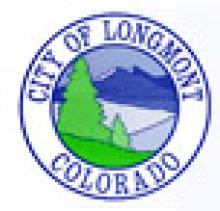The Design Nine blog alerted me to a bill in New Hampshire that would modify state law to allow communities to build publicly owned networks. It appears they may currently invest in a network in unserved areas -- though few places are entirely unserved. Most places have pitifully slow and overpriced DSL available to at least some residents. This bill would expand their authority to build networks.
Unfortunately, I have no sense of how likely this is to pass. The story in the Concord Monitor suggests it is seeing intense opposition from the usual sources - the private companies that want to decide alone who gets access to the Internet at what speed and at what price.
Unfortunately, the proponents of the change appear poised to limit themselves to a purely open access model - a limitation that could greatly hurt them as they build a network. Communities must be free to choose a business model that works, not have it imposed by a "compromise" at the legislature.
Requiring open access actually compromises the vitality of the network. Open access is an incredibly powerful idea - introducing real competition where people have long had no choices. But no community has yet made it work financially from the start. The early years are brutal for a network where the owner cannot provide services -- there are difficulties in aligning the incentives for those involved and generally insufficient revenue to make debt payments in the early years.
Communities must fight for the right to offer services, even if they would prefer not to. Offering services generates more revenue when it is most needed - the early years. Allowing Comcast and FairPoint to define the business models of communities is poor policy. The New Hampshire legislation - HB 1242 - is available here.
We wish communities like nDanville and the Wired Road luck as they expand to citywide networks on an entirely open access basis. However, existing experience suggests that communities should focus first on getting the numbers to work and then opening the network to greater competition down the road.


